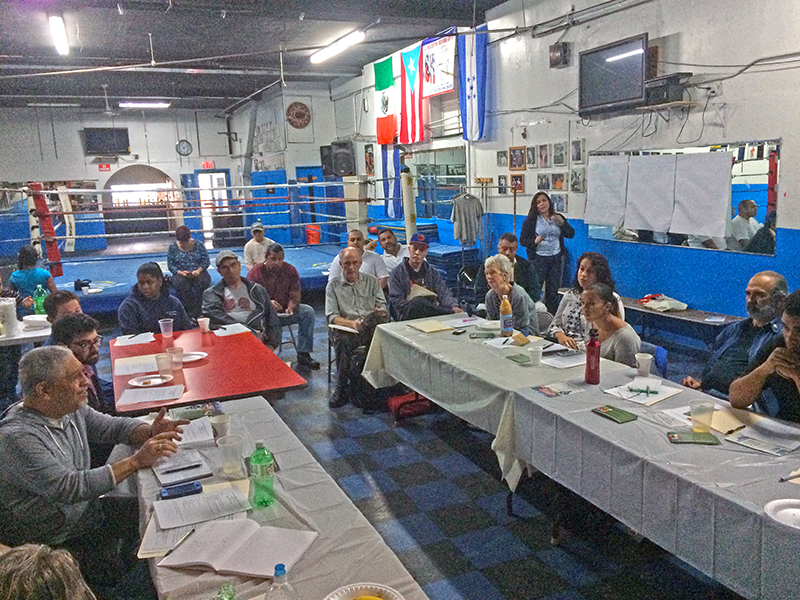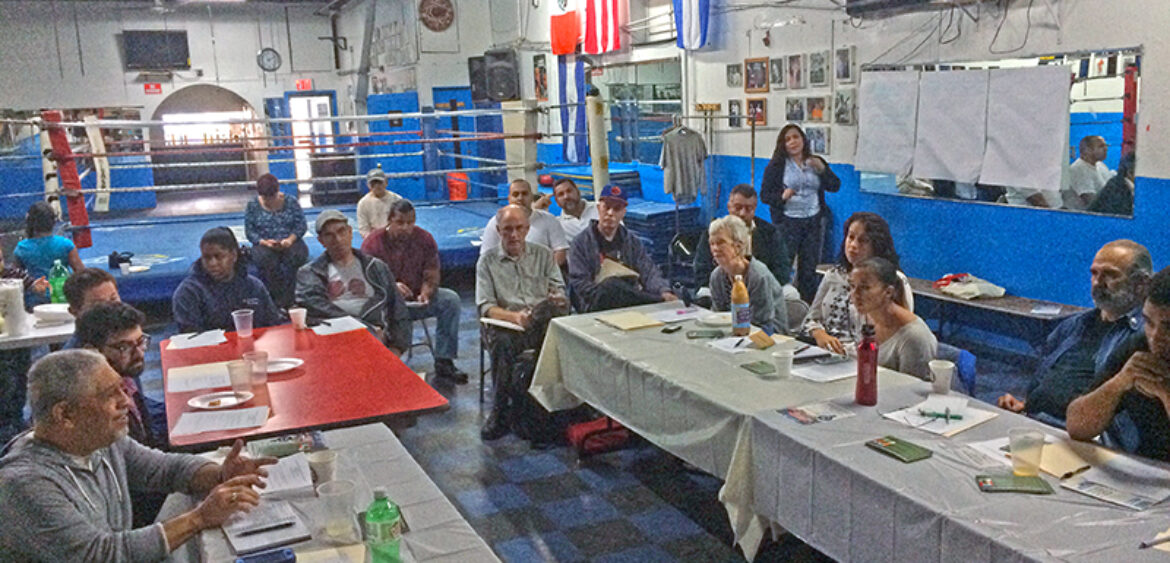National Boricua Human Rights Network
National Meeting in New York
by Juan “Nito” Morales
During the Martin Luther King weekend, the National Boricua Human Rights Network (NBHRN) held a national meeting at El Maestro in the Bronx New York. El Maestro is a community-based organization that promotes culture and sports for the surrounding area of the South Bronx. The name El Maestro is in reference to the popular name for Dr. Pedro Albizu Campos. The purpose of the meeting was to strategize about the upcoming efforts in the United States to seek the freedom of the Puerto Rican patriot Oscar López Rivera. More than 50 representatives from the following cities attended; San Francisco, Chicago, Detroit, Cleveland, Philadelphia, New York, Hartford, New Haven, Massachusetts, and Orlando. Two representatives from a monthly event “32 Women for Oscar”, Annette Diaz and Alida Millan Ferrer from Puerto Rico, one of the highlights of the meeting was the presentation by the 2 women. The meeting began with a presentation by them and culminated with an event of the celebration of the 100th anniversary of the birth of Oscar Collazo.

Prior to the meeting various youth from different universities met and mapped out ideas on how to engage universities students in the campaign. From Northeastern Illinois University (NEIU) Alyssa Villegas representing Que Ondee Sola, and Rebecca Rios representing the Union for Puerto Rican Students (UPRS) were active participants. During the meeting, I was able to interview a representative from various parts of the US including the renowned Puerto Rican artist Miguel Luciano.
The following are excerpts of those interviews;
Nazomi Ikuta, Minister, Cleveland Chapter
I met the other [former] prisoners before I met Oscar. All of them have had a really profound impact on me. As a Christian and as a minister, they confronted me, just by their life, with a question: What did I care about? What was I committed enough to risk going to jail for a long time or lay down my life for? I have never been in the armed forces. I’ve never been a cop or firefighter. You know that in those kinds of jobs you routinely put your life on the line. And in the United States being a Christian, according to just going to church and stuff, is pretty easy. It doesn’t involve risk. So it was actually meeting the former prisoners and Oscar that raised those [questions]. I have had the privilege of knowing Oscar and meeting him personally, [but you also] get a feel [for him] in the letters to Karina. Or when people talk about their time with him they start glowing… He is disciplined, brilliant, creative, caring, and compassionate. All of those things, and in ways that call us to be better people; call us to be our best selves, the way he tries to be his best self every day. He doesn’t have to get up at four in the morning to do his exercise. He doesn’t have to continue trying to paint in a rec room so cold his fingers freeze and the paint hardens. He doesn’t have to do these things that he has continued to do to maintain himself to maintain his dignity and maintain his contributions. Anybody would say that he has already given more than anybody could be expected to give. And yet he is not sitting back and saying, well “ok I’ve done my time, I’ve done enough. It’s up to you.” No, he’s in there every day, working harder than the rest of us. Not primarily for his own release, but to make the world a better place.
Continue reading at National Boricua Human Rights Network


